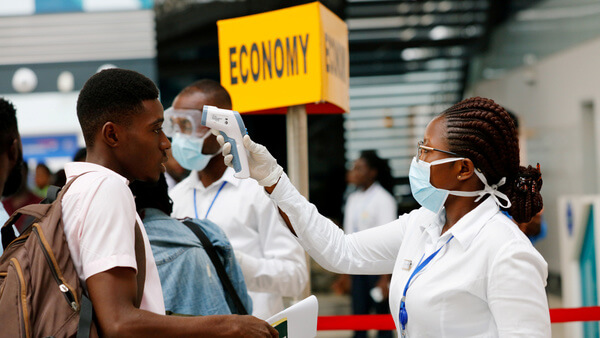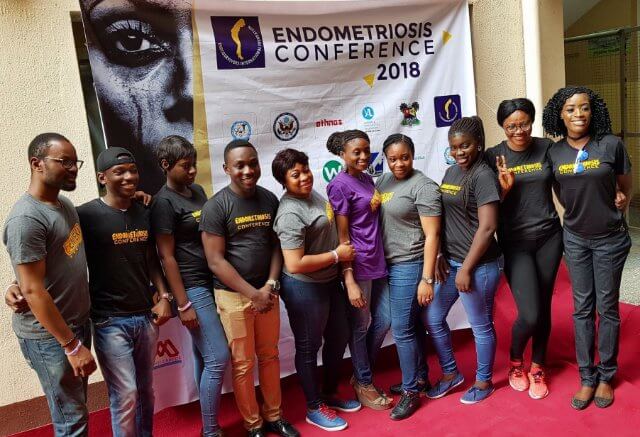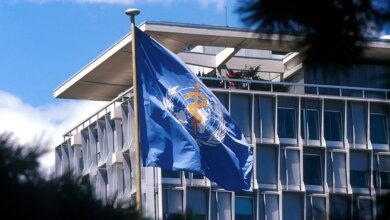HIV/AIDS: A GROWING CONCERN IN GHANA
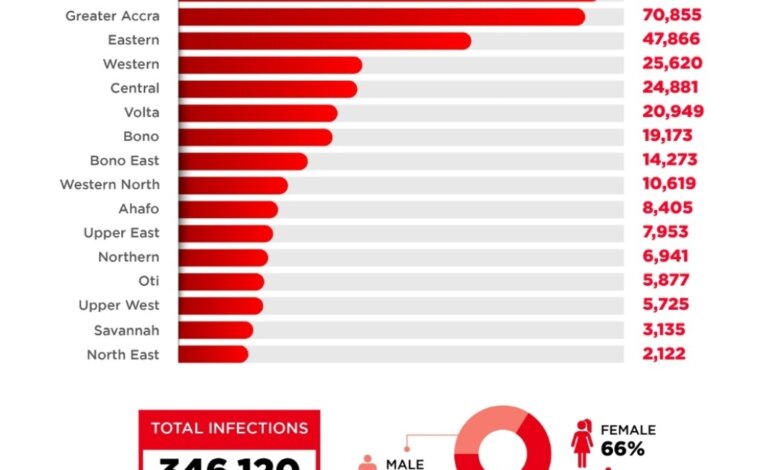
HIV/AIDS is an abbreviation for Human Immunodeficiency Virus and Acquired Immunodeficiency Syndrome.
A recent data published by a Ghanaian based media, Citi FM, on October 1st, 2021, highlighted an infographic, regional breakdown of persons living with HIV in Ghana. The research was dated 2020 and shows that in a total of 346,120 infections, 66% were females and 34% were males.
According to the regional break down, Ashanti region has the highest number of persons with the HIV infection (73,245 persons), with North East having the least infected cases (2,122 persons in Ghana). Broken down further, 66% of the total 346,120 persons are females (approximately 228,439 persons) and 34% are males (approximately 117,681 persons).
From the figures provided above, one would expect massive attention to be given to the increasing numbers in persons with HIV. But with COVID-19 pandemic still in play, little attention is being given since it is presumed COVID-19 is more dangerous and deadlier than HIV. But is this really the case?
Read also: Heroes of COVID-19: A Harold J. Kamphinda story of Malawian child-mother
The answer would be a precise no, taking into account that persons with HIV have their immune system compromised, because the virus attacks and kills body cells. Although the body makes more CD4 cells to adapt the contaminant to the immune system, but the virus replicates too fast for the body to suppress.
After going through some of the Frequently Asked Question on the U.S Center for Disease Control and Prevention site, I would insert part of their responses and suggestions in this publication. Based on what they know at this time (since they are still learning about COVID-19 and how it affects people with HIV), such persons may be more likely to become severely ill from COVID 19. Putting however into consideration other variable factors.
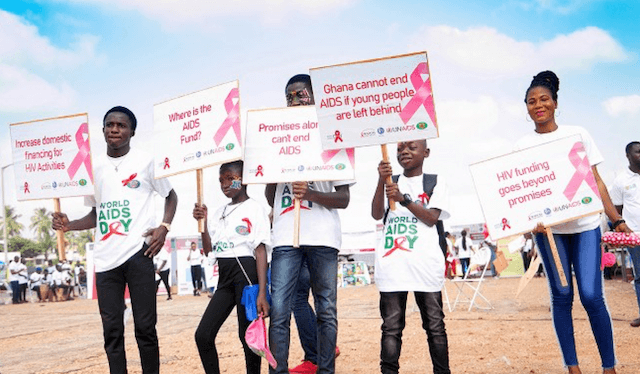
Thus various media platforms and institutional tours should create more awareness on educating the general public on HIV treatments. On monthly dispensations, importance of abstinence, addressing misconceptions and various questions individuals might have in relation to HIV treatments. There should also be awareness about the various medical centers for individuals with both COVID and HIV and how they can conveniently access them. Other issues such as societal stigmatization, financial barriers, uneasy access to medical facilities and drugs should also be addressed.
For reference and detailed explanation, please visit;
- www.cdc.gov/hiv/covid-19/index.html
- citinewsroom.com/2021/10/regional-breakdown-of-persons-living-with-hiv-in-ghana-2020/
- www2.hse.ie/conditions/covid19/people-at-higher-risk/weak-immune-system/
- doctor.ndtv.com/faq/how-much-time-does-the-hiv-virus-take-to-replicate-14638
Written by Intern Elizartar Nanaesi Mensah / edited by Arakunrin Lekan
Oral Ofori is Founder and Publisher at www.TheAfricanDream.net, a digital storyteller and producer, and also an information and research consultant.


